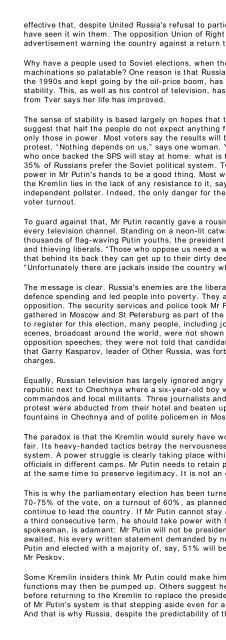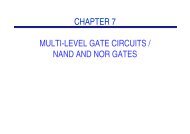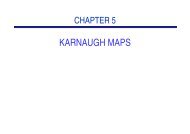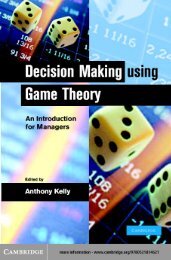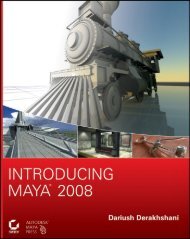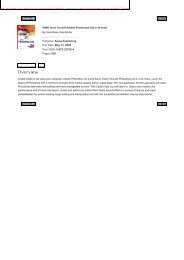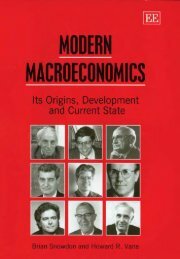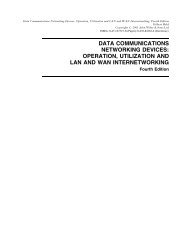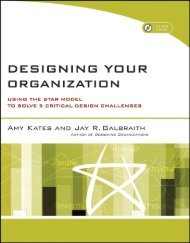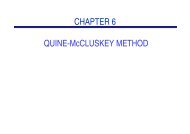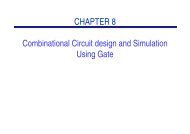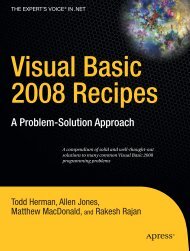The Economist December 1st 2007 - Online Public Access Catalog
The Economist December 1st 2007 - Online Public Access Catalog
The Economist December 1st 2007 - Online Public Access Catalog
- No tags were found...
Create successful ePaper yourself
Turn your PDF publications into a flip-book with our unique Google optimized e-Paper software.
effective that, despite United Russia's refusal to participate in TV debates, 8% of viewers believe theyhave seen it win them. <strong>The</strong> opposition Union of Right Forces (SPS) has not been allowed to air anadvertisement warning the country against a return to the Soviet past.Why have a people used to Soviet elections, when they had only one candidate, found the Kremlin'smachinations so palatable? One reason is that Russian economic growth, sparked by the privatisations ofthe 1990s and kept going by the oil-price boom, has brought rising living standards and a new sense ofstability. This, as well as his control of television, has made Mr Putin genuinely popular. Even the teacherfrom Tver says her life has improved.<strong>The</strong> sense of stability is based largely on hopes that the crises of the 1990s will not return. Opinion pollssuggest that half the people do not expect anything from this election; most believe that elections serveonly those in power. Most voters say the results will be rigged anyway. Only 5% of Russians are ready toprotest. “Nothing depends on us,” says one woman. Yet she will vote for Mr Putin—who else? Even thosewho once backed the SPS will stay at home: what is the point if they are bound to lose? Worse, some35% of Russians prefer the Soviet political system. Two-thirds of Russians consider the concentration ofpower in Mr Putin's hands to be a good thing. Most would like him to stay for a third term. <strong>The</strong> strength ofthe Kremlin lies in the lack of any resistance to it, says Lev Gudkov, head of the Levada Centre, anindependent pollster. Indeed, the only danger for the Kremlin is the possibility of an embarrassingly lowvoter turnout.To guard against that, Mr Putin recently gave a rousing speech at a stadium in Moscow, broadcast onevery television channel. Standing on a neon-lit catwalk in a black turtle-neck jumper, surrounded bythousands of flag-waving Putin youths, the president said Russia was in danger from ill-wishing foreignersand thieving liberals. “Those who oppose us need a weak, sick state, a disorientated, divided society, sothat behind its back they can get up to their dirty deeds and profit at your and my expense,” he said.“Unfortunately there are jackals inside the country who sponge off foreign embassies.”<strong>The</strong> message is clear. Russia's enemies are the liberals who in the 1990s squandered its wealth, cutdefence spending and led people into poverty. <strong>The</strong>y are now the candidates and sponsors of theopposition. <strong>The</strong> security services and police took Mr Putin's words as an instruction. When the oppositiongathered in Moscow and St Petersburg as part of the Other Russia movement, which has not been allowedto register for this election, many people, including journalists, were beaten up and arrested. <strong>The</strong>sescenes, broadcast around the world, were not shown on Russian television. Russians did not hearopposition speeches; they were not told that candidates had been unlawfully detained by the police; northat Garry Kasparov, leader of Other Russia, was forbidden to meet his lawyer and jailed on boguscharges.Equally, Russian television has largely ignored angry anti-government demonstrations in Ingushetia, arepublic next to Chechnya where a six-year-old boy was killed recently in a skirmish between Russiancommandos and local militants. Three journalists and a human-rights campaigner who came to cover theprotest were abducted from their hotel and beaten up. What viewers have seen instead were pictures offountains in Chechnya and of polite policemen in Moscow helping old ladies and children.<strong>The</strong> paradox is that the Kremlin would surely have won even had this weekend's election been free andfair. Its heavy-handed tactics betray the nervousness linked to the transition of power in any authoritariansystem. A power struggle is clearly taking place within the Kremlin, as shown by the arrests of seniorofficials in different camps. Mr Putin needs to retain power after his second term expires next March, butat the same time to preserve legitimacy. It is not an easy task.This is why the parliamentary election has been turned into a ceremony of approval for him. A score of70-75% of the vote, on a turnout of 60%, as planned by the Kremlin, would strengthen his claims tocontinue to lead the country. If Mr Putin cannot stay as president because the constitution bars him froma third consecutive term, he should take power with him wherever he goes. Dmitry Peskov, hisspokesman, is adamant: Mr Putin will not be president after next March. But his every word will still beawaited, his every written statement demanded by newspapers. A servile president handpicked by MrPutin and elected with a majority of, say, 51% will be unable to compete with Mr Putin's “legitimacy”, saysMr Peskov.Some Kremlin insiders think Mr Putin could make himself head of the powerful Security Council, whosefunctions may then be pumped up. Others suggest he could become prime minister, with extra powers,before returning to the Kremlin to replace the president, who could conveniently fall ill. <strong>The</strong> only problemof Mr Putin's system is that stepping aside even for a short time could be lethal for him and his cronies.And that is why Russia, despite the predictability of this election, feels like a country heading towards


